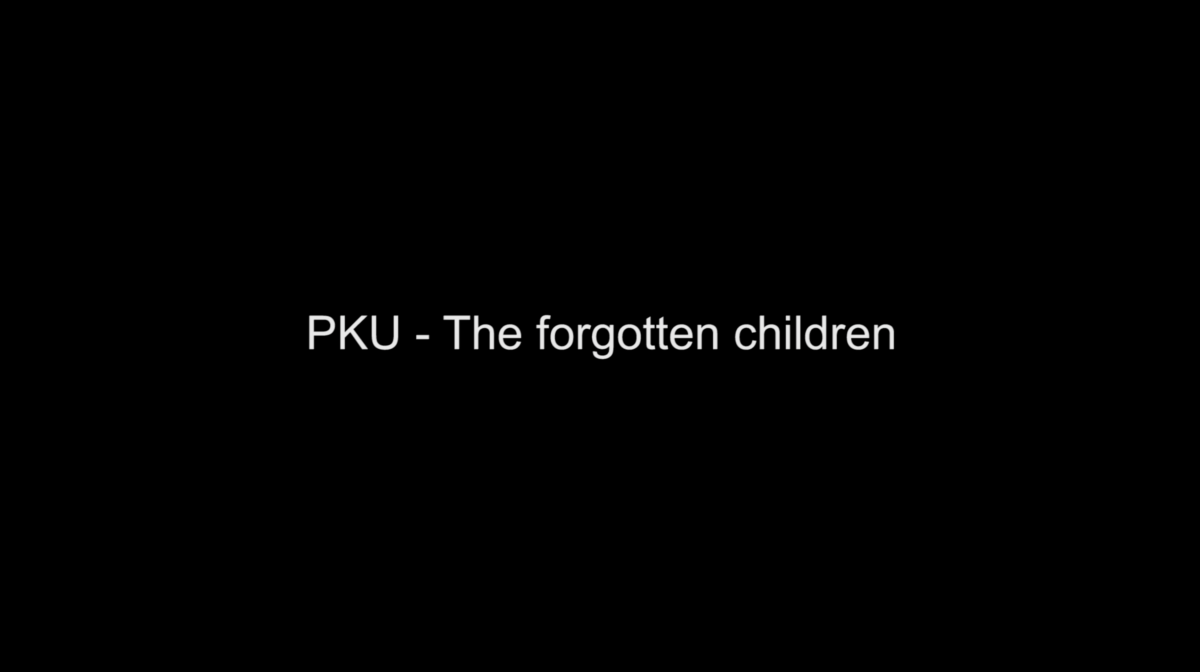The European Society for Phenylketonuria and Allied Disorders Treated as Phenylketonuria (E.S.PKU) is very happy to announce that the European Guidelines for Phenylketonuria have been published in The Lancet Diabetes & Endocrinology. Getting to this point has taken many years of preparation. First in the line was the publication of Closing Gaps in Care. This showed the great need for European Guidelines. Treatment for Phenylketonuria is very different in Europe although it’s always the same disease. After the publication of Closing Gaps in Care the delegates of the E.S.PKU published the Consensus Paper in Orphanet Journal of Rare Diseases. This voices the patients need …
The forgotten children
A touching documentary by the German Association for Phenylketonuria and allied inherited disorders (DIG PKU) calls attention to the fate of late diagnosed and untreated patients Phenylketonuria (PKU) is a rare, inherited disorder of protein metabolism. Patients are unable to metabolise the amino acid phenylalanine. Early diagnosed by newborn screening and treated with a low protein diet and an amino acid substitution, patients can develop normally and live their life to the full. In untreated patients, high phenylalanine-levels in the brain cause severe impairments to mental and physical development. Neurological abnormalities such as hyperactivity, aggressiveness and lack of concentration, fitting …
European Phenylketonuria – PKU Guidelines
The European Guidelines for Phenylketonuria is one of the latest projects funded by E.S.PKU. The project was started after the publication of the consensus paper, written by delegates of E.S.PKU, showing the needs and wishes for guidelines. Under the lead of Professor Francjan J. van Spronsen and E.S.PKU SAC (scientific advisory committee) those independent PKU guidelines have been developed, with the help of about 20 professionals, experts in PKU, over the past three years. At the annual E.S.PKU conference 2015 in Berlin, Germany- excerpts from these guidelines were presented to the professionals as well as parents/patients. One of the main aims of the Guidelines is that they …


